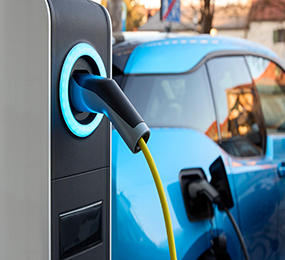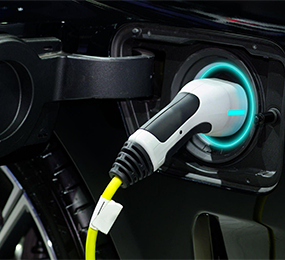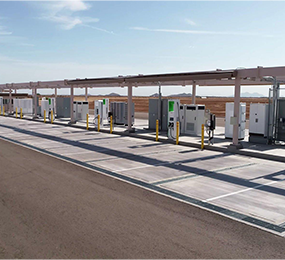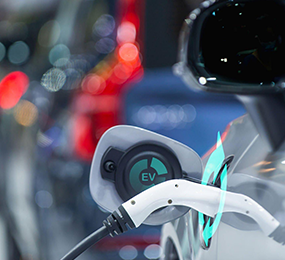Financing Large-Scale EV Charging Infrastructure Projects
The transition to electric vehicles (EVs) is accelerating, driven by environmental concerns and technological advancements. However, widespread adoption of EVs hinges on the availability of robust charging infrastructure, particularly for long-distance travel. Financing large-scale EV charging projects presents a significant challenge due to the high capital costs involved. Several strategies can be employed to address this hurdle.
One approach is to leverage public-private partnerships (PPPs). Governments can collaborate with private sector entities to develop and operate charging infrastructure. This model allows for sharing of risks and resources, combining the expertise of both sectors. PPPs can also attract private investment by offering long-term contracts and revenue streams.
Another strategy involves government subsidies and incentives. Tax credits, grants, and loan guarantees can provide financial support to EV charging infrastructure projects. These incentives can reduce the upfront costs for developers and encourage investment in the sector. Additionally, governments can implement policies that promote the adoption of EVs, such as mandating charging infrastructure in new developments or offering incentives for EV purchases.
Financing can also be obtained through crowdfunding platforms. These online platforms allow individuals to invest in EV charging projects, often in exchange for rewards or equity. Crowdfunding can mobilize community support and raise capital for smaller-scale projects.
Furthermore, innovative financing models can be explored. For instance, charging infrastructure can be bundled with other infrastructure projects, such as renewable energy generation, to attract investors. Additionally, revenue-sharing agreements between charging operators and property owners can provide a steady income stream.
In conclusion, financing large-scale EV charging infrastructure projects requires a combination of public and private sector involvement, government support, innovative financing models, and community engagement. By implementing these strategies, we can accelerate the transition to electric vehicles and create a sustainable transportation future.
Visit our website to know more: https://www.leadventgrp.com/events/3rd-annual-ev-charging-infrastructure-forum/details
For more information and group participation, contact us: [email protected]
Leadvent Group - Industry Leading Events for Business Leaders!
www.leadventgrp.com| [email protected]
















